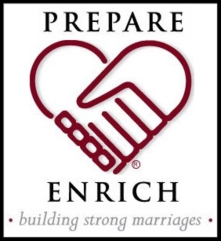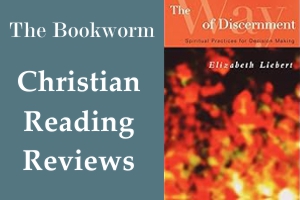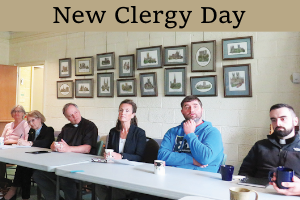The new Church year is once again upon us!
Why not add something to your devotional life to mark a fresh start?
Choose from the following list of diverse opportunities on the Advent weekdays to deepen your prayer and/or study and/or worship.
MONDAYS - beginning 27 November
- Spirituality of Advent – Prayer Series: Contemplative ideas and practices for Advent and beyond. Celtic Advent, Centering Prayer and Labyrinth Walks among the topics to be covered. Led by Kurt Schmidt. In person, 2:00-3:00 p.m., Cathedral Memorial Hall Lounge.
* Please reserve your seat with Kurt for any/all sessions.
TUESDAYS - beginning 28 November
- Art & Faith: Short, guided weekly meditation on a work of art related to the upcoming Sunday’s Gospel and in the tradition of Ignatian (imaginative) contemplation. 5:30-6:00 p.m. on Zoom.
* Link through the Cathedral Calendar or from Kurt.
WEDNESDAYS - beginning 29 November
- Advent Book Study: Seasonal diocesan study of Paula Gooder’s book, The Meaning is in the Waiting. Facilitated by Shawn Branch. 6:30-8:00 p.m. on Zoom.
* Registration required through the diocesan website.
THURSDAYS - beginning 30 November
- Taizé worship: A simple and contemplative half hour of scripture, prayer, silence and song. 5:30 p.m. start.
30 November and 14 December in-person and livestreamed from the Cathedral.
7 and 21 December on Zoom.
* Link through the Cathedral Calendar or from Kurt.
DAILY / ONGOING
Divine Office: Regular, short daily prayer opportunity in the Cathedral. Morning Prayer at 8:45 a.m., Evening Prayer at 4:45 p.m. Weekdays.
* Just drop in!- Dante Group: But reading Milton now! Reflective study of Paradise Lost. Led by Alan Hall. Thursday evenings, 7:00-8:00 p.m., Cathedral Memorial Hall Lounge.
* Just drop in! - Holy Eucharist: Wednesday mornings, 10:00 a.m. in the Cathedral.
You are encouraged to add at least one new Advent-ure to your schedule this year!
Questions or expressions of interest can be communicated to Cathedral Director of Christian Formation, Kurt Schmidt by email <formation at christchurchcathedral.com> or by phone/text to (506) 259-3711. Thank you, and Advent Blessings!



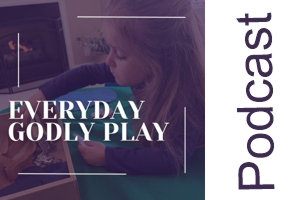
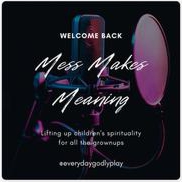

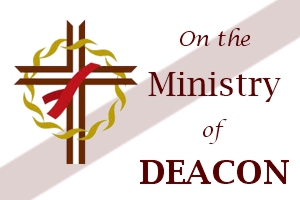
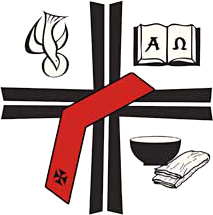
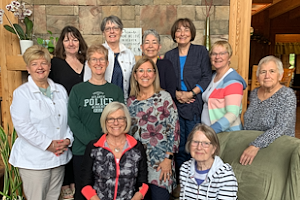
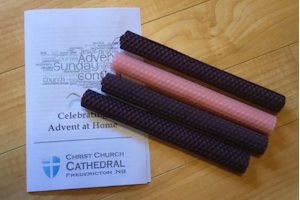
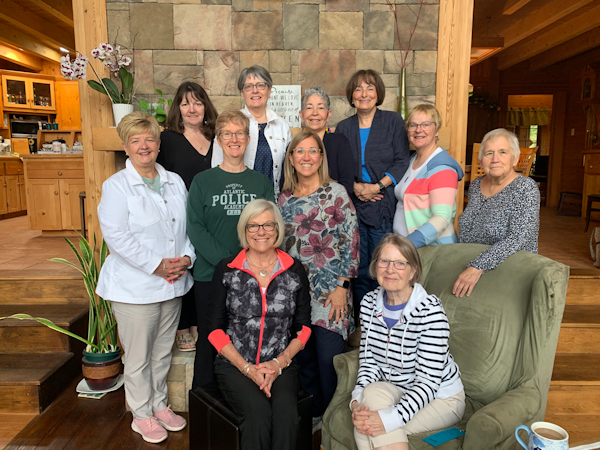



 Those who lead Sunday intercessions gathered on Tuesday, November 7th with Deacon Isabel Cutler to discuss and share resources used in this ministry of prayer.
Those who lead Sunday intercessions gathered on Tuesday, November 7th with Deacon Isabel Cutler to discuss and share resources used in this ministry of prayer.
